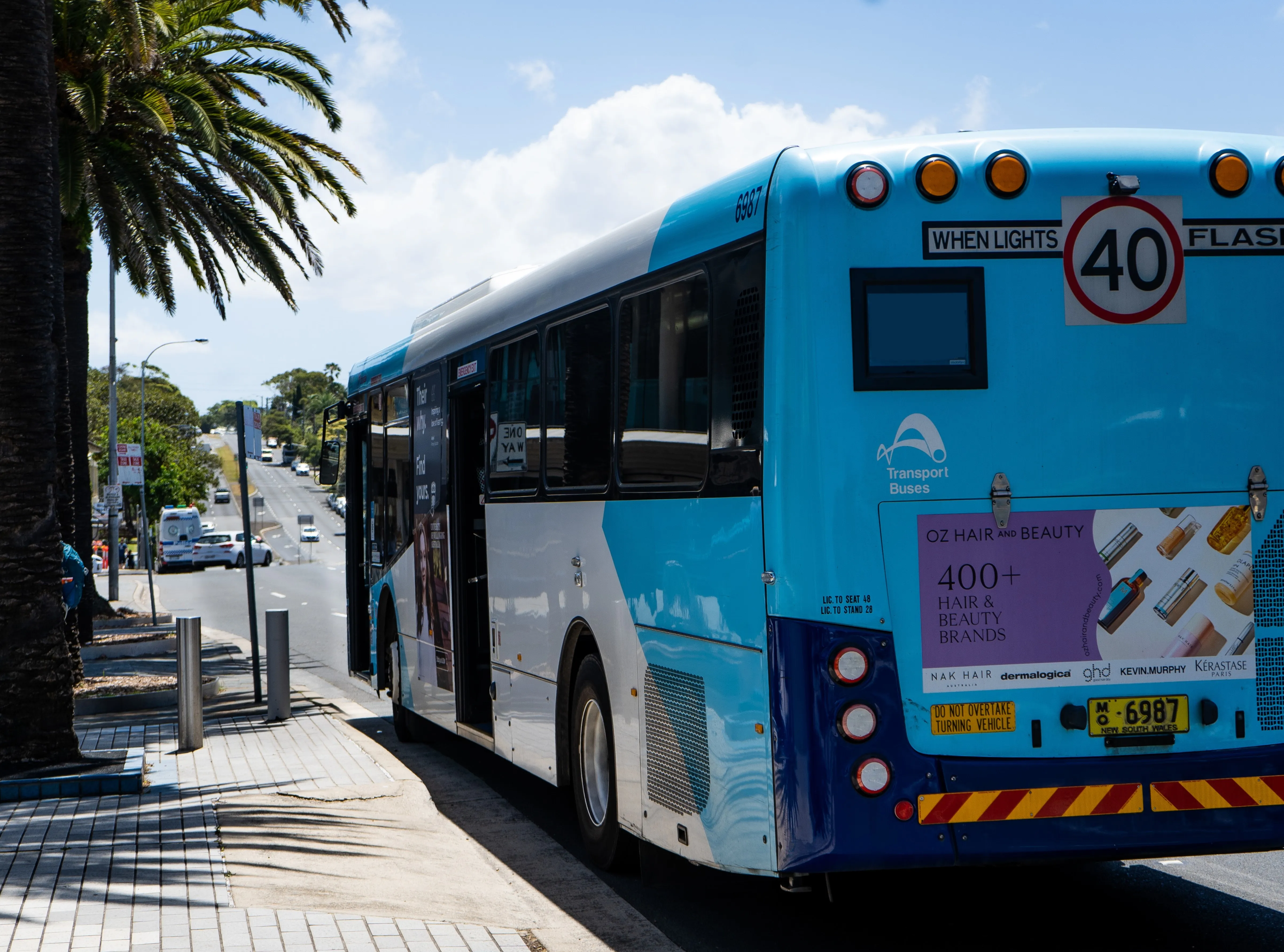With London’s roads seeing an increase in congestion due to a construction boom and a significant growth in population, Transport for London is investing heavily in helping keep the roads moving through a range of means.
Part of this programme is designed to help buses get through congested areas quicker and more reliably. A US$284 million investment in new bus priority schemes in the capital includes changes to road layouts and junctions and enabling small changes to routes so that buses can avoid traff
January 26, 2016
Read time: 2 mins
With London’s roads seeing an increase in congestion due to a construction boom and a significant growth in population, 1466 Transport for London is investing heavily in helping keep the roads moving through a range of means.
Part of this programme is designed to help buses get through congested areas quicker and more reliably. A US$284 million investment in new bus priority schemes in the capital includes changes to road layouts and junctions and enabling small changes to routes so that buses can avoid traffic hotspots.
Around 50 bus priority schemes were delivered across the Capital in 2015 and a total of 116 will be in place by the end of April. These improvements will benefit passengers in 17 London boroughs right across the Capital.
Mike Weston, TfL’s director of buses, said: “London’s continued success means that it is a very busy city with a huge range of construction projects underway, particularly in central London, and this is having an effect on traffic. To ensure that the bus network remains reliable and efficient, we are investing US$284 million in modernising roads across the Capital so that bus passengers can avoid potential delays to their journeys. Fifty schemes were completed last year and there are dozens more that will be completed over the next few months, ensuring that bus journeys are as quick and easy as possible.
“We’re working 24-hours a day to relieve congestion through our traffic control centre and cracking down on illegal or inconsiderate drivers through our expanded team of dedicated traffic enforcement officers.”
Bus priority schemes are TfL-funded but delivered in partnership with local boroughs, which are often responsible for the local roads that the buses serve and represent the communities around them.
Part of this programme is designed to help buses get through congested areas quicker and more reliably. A US$284 million investment in new bus priority schemes in the capital includes changes to road layouts and junctions and enabling small changes to routes so that buses can avoid traffic hotspots.
Around 50 bus priority schemes were delivered across the Capital in 2015 and a total of 116 will be in place by the end of April. These improvements will benefit passengers in 17 London boroughs right across the Capital.
Mike Weston, TfL’s director of buses, said: “London’s continued success means that it is a very busy city with a huge range of construction projects underway, particularly in central London, and this is having an effect on traffic. To ensure that the bus network remains reliable and efficient, we are investing US$284 million in modernising roads across the Capital so that bus passengers can avoid potential delays to their journeys. Fifty schemes were completed last year and there are dozens more that will be completed over the next few months, ensuring that bus journeys are as quick and easy as possible.
“We’re working 24-hours a day to relieve congestion through our traffic control centre and cracking down on illegal or inconsiderate drivers through our expanded team of dedicated traffic enforcement officers.”
Bus priority schemes are TfL-funded but delivered in partnership with local boroughs, which are often responsible for the local roads that the buses serve and represent the communities around them.









